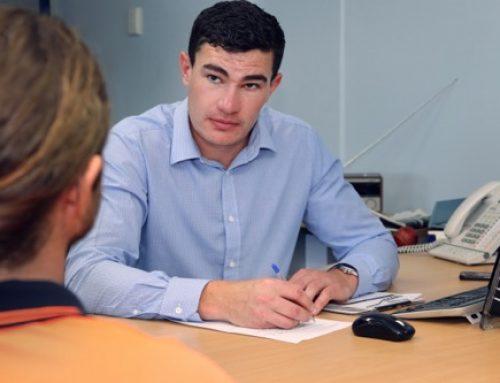Some people really enjoy the flexibility that being a casual worker offers. They do not have to commit to a fixed term contract so a short term contract can help a person to get a feel for the work environment without having to commit for the long term.
Many people are using the option of the short term contract to experiment, build skills and get much needed work experience.
In your role as a casual worker you are helping to fill shortfalls where regular employees are absent or when large projects demand more staff to get the work completed on time. These contracts can be extremely rewarding and challenging, providing a short term employee with a lot of opportunities to learn about different aspects of a field. By taking on short term contracts, you can position yourself to have a great deal of success in a limited amount of time.
Here are some other ways to be successful in a short term contract role:
- Prepare yourself for the inevitable challenges that you will be facing. You need to be ready to overcome every challenge with a cool head. Work on every challenge that is presented to you in a logical way and ask questions. You may be surprised about how much different you will feel when you face something as a challenge and without fear. Approaching challenges in this way can leave a very positive impression on the management of a company, with them seeing you as a solid and valued team member that they might request again on more lucrative projects in the future.
- Are changes really necessary? Many people feel like they need to change things up when they are placed in a temporary casual worker role. Determine if the changes that you are thinking about making are truly necessary or if you are just “making your mark”. If something can be and needs to be improved, it is important to make a note of that need, but do not change things just for cosmetic purposes. Remember, you are only in the position for a short time and long term employees can become displaced or offended if you move in and try to change a lot of things in a short amount of time.
- What is your specific role in the job? During an initial interview before you were brought on for a temporary job, you may have been given a feel for the skill set(s) that the company was interested in. Remember the key position requirements and how your skill sets fit in with those requirements.
- Know your role. If you are hired to ensure that a project is delivered on time then make sure you follow through with those expectations. If you are hired to cover an absence, then be sure to cover off those duties as expected. Always ensure that all of the objectives, timings and deliverables are as expected and in keeping with your role within the contract. Understand what kind of timing is expected while you work on the project and what type of communication is needed. If you are missing any key information, clarify this before you get started so that you can work smoothly on the project throughout the entire process. If you are covering a job for an employee who is absent but will eventually return to work, clarify the turnover time and how much work is expected to be completed during the absence of that employee. Ask for a comprehensive summary of what is expected of you when you start in the position so that you have a reference throughout the time that you are working on the contract.
- When you turn over the project or the role that you have been working on/in, make sure you do so in the most comprehensive manner possible. Tasks that are only partially completed should be listed as should a list of what is required for those tasks to be completed.
- When you are ready to hand over completed work on a project, do it with positivity and try to obtain early feedback. When it is time to sign off on your role on a project, you need to remember that even if you loved the job, working with the company or the people that you were working with, the position was a temporary one and it is important to end the contract on a positive note and focus on what you have gained by working in that position.
When you are ready to leave a contract role, you should feel comfortable asking your manager for some feedback. This feedback can be used as a great learning tool for the next casual position that you plan to apply for or take on. You can also ask for a formal meeting at the end of your contract where the manager sits down with you and discusses how things went and what could be improved.
Blue Collar People take the hassle out of casual work. Read more about how we can help you; https://www.bluecollarpeople.com/job-search-perth/






